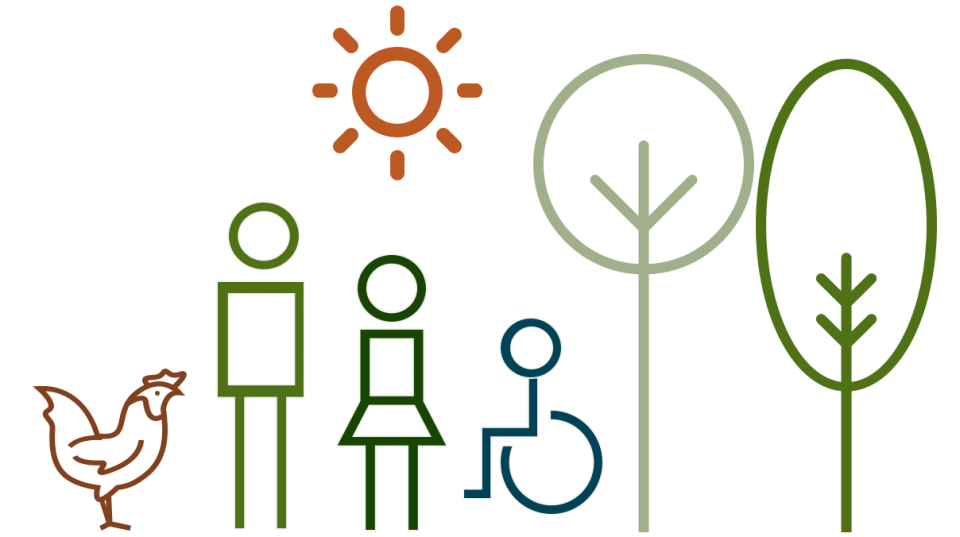Overview
Several small research and development activities (SRAs) have proven that Mobile Acquired Data (MAD) can improve the efficiency, consistency and value of data collection and project monitoring of ACIAR projects. Research now needs to develop in-country standalone capacity.
Papua New Guinea is a high priority country for digital data collection applications (apps), given that project partners there face infrastructural and labour challenges. In-country institutional capacity needs to be built to provide long-term support for research for development projects.
The MAD 4 TADEP (Mobile Acquired Data for the Transformative Agriculture and Enterprise Development Program) is the last in this series of SRAs.
AgImpact, a research and development support company, and Papua New Guinea's National Agricultural Research Institute (NARI) will use the 'Transformative Agriculture and Enterprise Development Program' (TADEP), funded by the Department of Foreign Affairs and Trade, to evaluate the support necessary to establish sustainable in-country capacity for MAD within Papua New Guinea.
Building this capacity will benefit current and future NARI projects broadly, and create a skilled resource pool of app builders and enumerators that future ACIAR projects could use.
This SRA will provide technical tailored support via in-country workshops and one-on-one training to help the five ACIAR projects that sit within the TADEP program adopt a common app (CommCare).
These apps are:
- ASEM/2014/095 Improving opportunities for economic development for women smallholders in rural Papua New Guinea ('Family teams')
- FST/2014/099 Enhancing private sector-led development of the Canarium industry in PNG('Canarium')
- HORT/2014/094 Developing the Cocoa value chain in Bougainville ('Bougainville Cocoa')
- HORT/2014/096 Enterprise-driven transformation of family Cocoa production in East Sepik, Madang, New Ireland and Chimbu Provinces of Papua New Guinea ('PNG Cocoa')
- HORT/2014/097 Supporting commercial Sweetpotato production and marketing inthe PNG highlands ('Sweetpotato')
Final report
This report was prepared by Agricultural Impact International Pty Ltd (AgImpact) as commissioned by the Australian Centre for International Agricultural Research (ACIAR). The information and recommendations from this study will inform ACIAR and research partners in the use of digital data collection in future research activities.
The report presents the findings of two related small research activities funded by ACIAR, being GMCP/2016/004 and GMCP/2016/044. Together these research activities provided a range of targeted technical support and institutional training across nine ACIAR research projects operating in five countries (Vietnam, Pakistan, Myanmar, Vanuatu and Papua New Guinea). Projects were supported to integrate the digital data platform CommCare into their research projects and build capacity within research institutes to amplify the benefits. Activity commenced with a Mobile Acquired Data (MAD) Masterclass in Canberra in June 2016, and concluded with a MAD Showcase in Canberra in August 2017. The project team supported all projects in-country in the period between.
AgImpact would like to thank the nine project leaders and their research teams for their time and commitment to learn CommCare, and their willingness to embrace change where project activities were already planned and had to be modified to participate in this research activity. We would also like to thank NARI management and staff for their commitment to CommCare training.
The views expressed in this report are those of Agricultural Impact International and do not reflect the views of ACIAR or the Government of Australia.
Stuart Higgins Director, Agricultural Impact International December 2017




